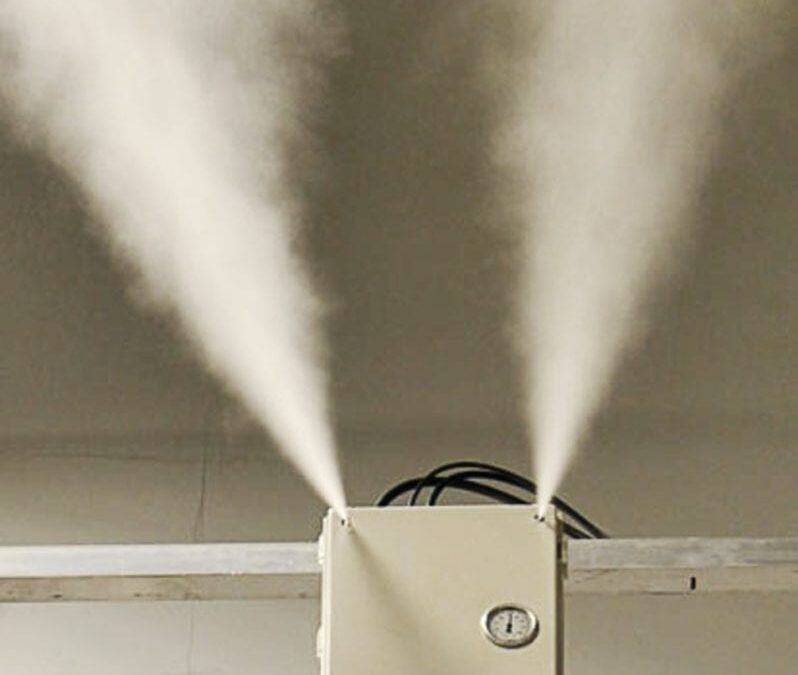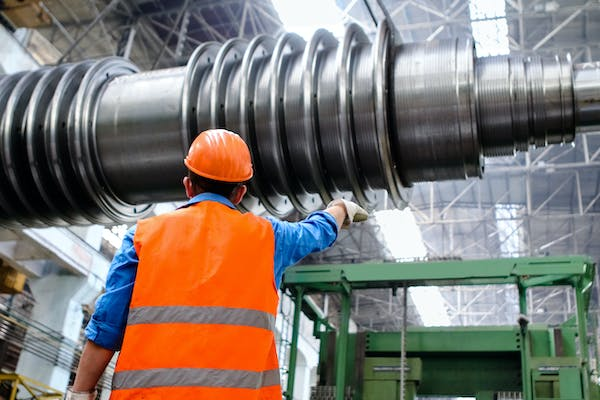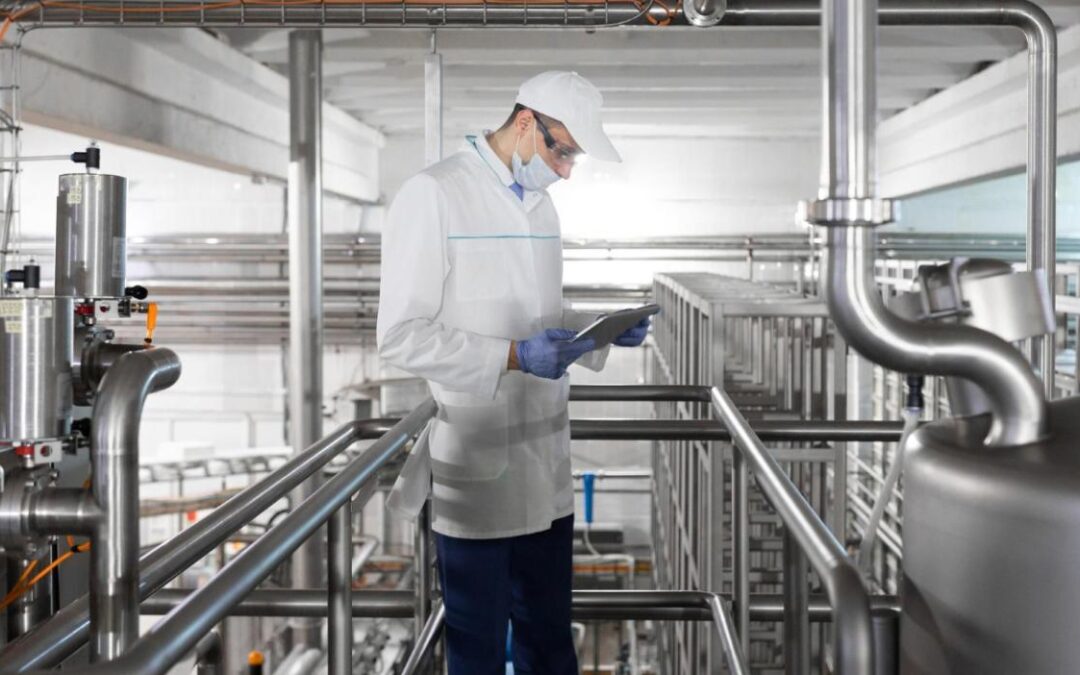Low humidity can take its toll on a company’s workforce in numerous ways. For starters, employees who are exposed to dry air over a prolonged length of time are more likely to develop upper-respiratory infections and nose bleeds. This is due to the fact that dry air causes the mucus membranes lining then nostril to dry out and crack, creating entry points in which bacteria and pathogens can enter the body.
As we discussed in a previous blog post, low humidity can also trigger allergic reactions. Employees who battle with allergies may experience ‘attacks’ when working in environments with dry air. Normally, the moisture vapor in the air works to control dust and other allergens by catching them. When there’s not enough of moisture vapor in the air, however, allergens such as this are allowed to flow more freely through the air.
A third way in which low humidity impacts the workplace is the potential for electrostatic discharge (ESD) – a phenomenon that occurs when electricity jumps from one object to another. An employee performing routine maintenance or service on a computer, for instance, may notice a spark when touching a component. Although painless, even minor sparks can damage or destroy computer components, adding further headache to the employee’s day.
Don’t assume your employees are safe from the effects of low humidity just because your office/workplace is in a region with mid-to-high year-round humidity. Even if the outdoor air contains a proper humidity, the indoor air may not. In fact, indoor air is often more humid during the winter because warm air holds less moisture; thus, it has a lower relative humidity (RH) compared to the outdoor air.
A humidifier can promote a positive work environment by eliminating the potential for illness and health conditions related to dry air, as well as lowering the risk for electrostatic discharge. These devices will emit moisture vapor into the surrounding atmosphere; thus, protecting employees from all of the harmful effects associated with exposure to dry air.
The bottom line is that every workplace should have a commercial-grade humidifier. From warding off allergies and upper-respiratory infections to preventing ESD, there are a countless number of reasons why employers should invest in humidifiers. When these issued are addressed, employees will have a more comfortable environment in which to work, which typically results in increased productivity and efficiency.





